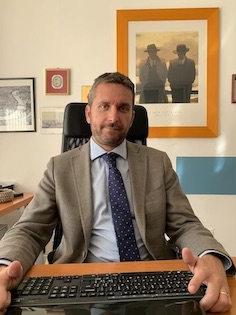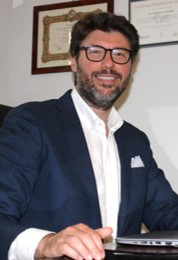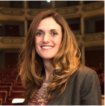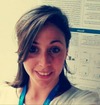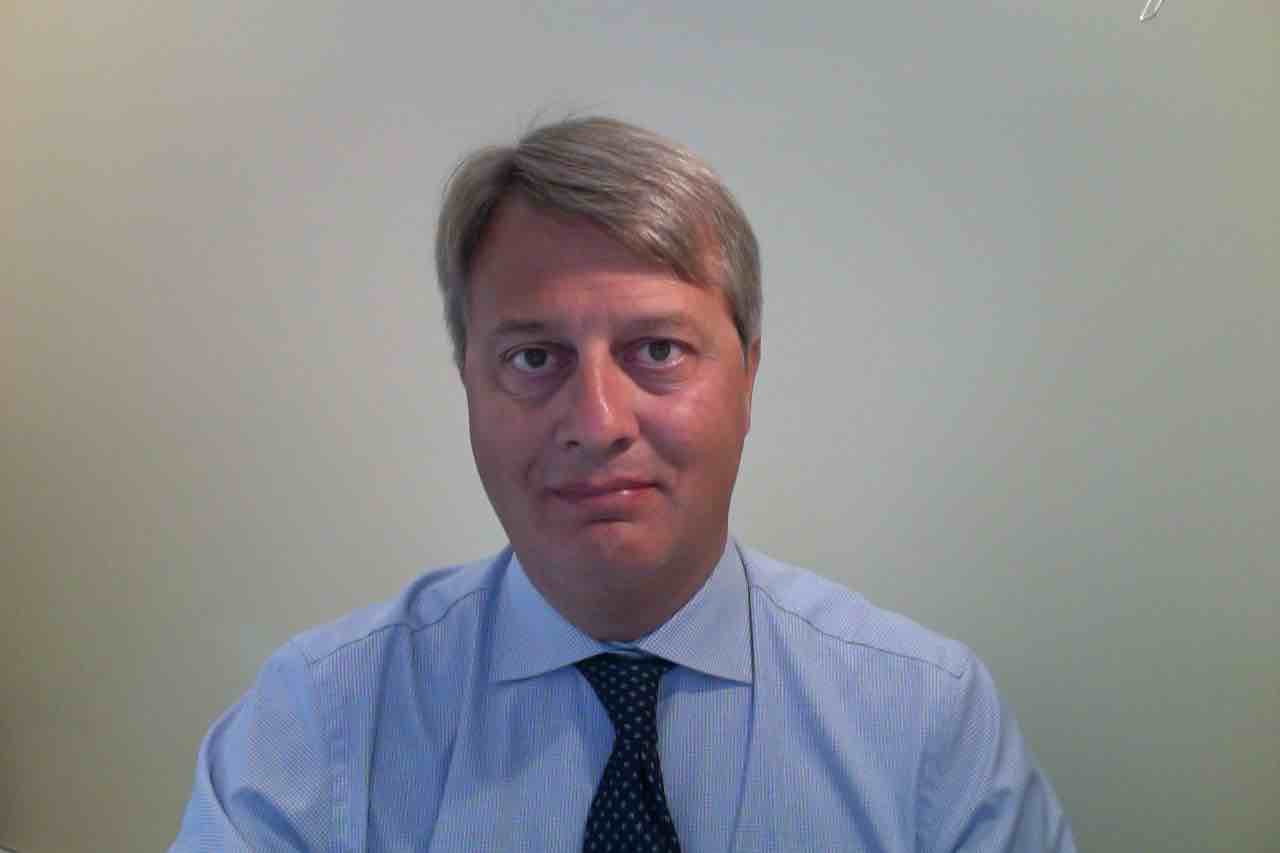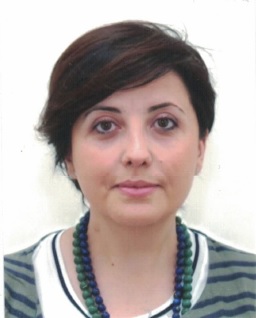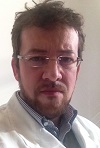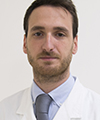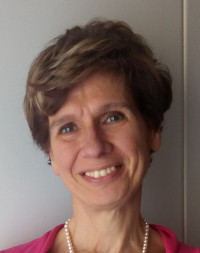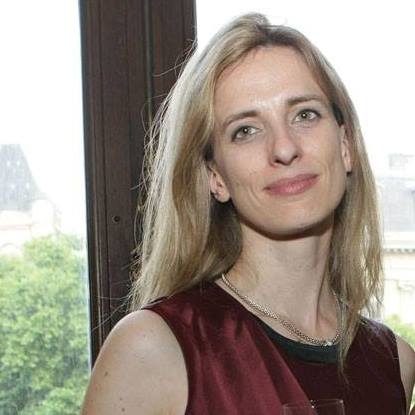Studying at the University of Verona
Here you can find information on the organisational aspects of the Programme, lecture timetables, learning activities and useful contact details for your time at the University, from enrolment to graduation.
Academic calendar
The academic calendar shows the deadlines and scheduled events that are relevant to students, teaching and technical-administrative staff of the University. Public holidays and University closures are also indicated. The academic year normally begins on 1 October each year and ends on 30 September of the following year.
Course calendar
The Academic Calendar sets out the degree programme lecture and exam timetables, as well as the relevant university closure dates..
| Period | From | To |
|---|---|---|
| 1 SEMESTRE PROFESSIONI SANITARIE | Oct 1, 2021 | Dec 23, 2021 |
| 1 e 2 SEMESTRE PROFESSIONI SANITARIE | Oct 1, 2021 | Sep 30, 2022 |
| 2 SEMESTRE PROFESSIONI SANITARIE | Jan 10, 2022 | Sep 30, 2022 |
| Session | From | To |
|---|---|---|
| Sessione d'esame Invernale | Jan 10, 2022 | Feb 25, 2022 |
| Sessione d'esame Estiva | Jul 4, 2022 | Jul 29, 2022 |
| Sessione d'esame Autunnale | Sep 1, 2022 | Sep 30, 2022 |
| Session | From | To |
|---|---|---|
| Sessione Laurea Autunnale | Oct 1, 2022 | Nov 30, 2022 |
| Sessione Laurea Primaverile | Mar 1, 2023 | Apr 30, 2023 |
| Description | Period | From | To |
|---|---|---|---|
| Tirocinio Perfusionisti 2 e 3 anno | Tirocinio Perfusionisti 2 e 3 anno | Oct 4, 2021 | Sep 30, 2022 |
| Tirocinio Perfusionisti 1 anno | Tirocinio Perfusionisti 1 anno | Jan 10, 2022 | Sep 30, 2022 |
Exam calendar
Exam dates and rounds are managed by the relevant Medicine Teaching and Student Services Unit.
To view all the exam sessions available, please use the Exam dashboard on ESSE3.
If you forgot your login details or have problems logging in, please contact the relevant IT HelpDesk, or check the login details recovery web page.
Should you have any doubts or questions, please check the Enrollment FAQs
Academic staff
 elisa.artegiani@univr.it
elisa.artegiani@univr.it
 corinnabergamini@libero.it
corinnabergamini@libero.it
 melania.caruso@univr.it
melania.caruso@univr.it
 0458123729
0458123729
 eliarossetto2@gmail.com
eliarossetto2@gmail.com
 bruno.sandini@aulss8.veneto.it
bruno.sandini@aulss8.veneto.it
 rocco.tabbi@aovr.veneto.it
rocco.tabbi@aovr.veneto.it
Study Plan
The Study Plan includes all modules, teaching and learning activities that each student will need to undertake during their time at the University.
Please select your Study Plan based on your enrollment year.
1° Year
| Modules | Credits | TAF | SSD |
|---|
2° Year activated in the A.Y. 2022/2023
| Modules | Credits | TAF | SSD |
|---|
3° Year activated in the A.Y. 2023/2024
| Modules | Credits | TAF | SSD |
|---|
| Modules | Credits | TAF | SSD |
|---|
| Modules | Credits | TAF | SSD |
|---|
| Modules | Credits | TAF | SSD |
|---|
Legend | Type of training activity (TTA)
TAF (Type of Educational Activity) All courses and activities are classified into different types of educational activities, indicated by a letter.
Clinical practice (3rd year) (2023/2024)
Teaching code
4S01556
Teacher
Coordinator
Credits
22
Language
Italian
Scientific Disciplinary Sector (SSD)
MED/50 - APPLIED MEDICAL TECHNOLOGY AND METHODOLOGY
Period
Not yet assigned
Courses Single
Not Authorized
Learning objectives
The third year is dedicated to the deepening of pediatric extracorporeal circulation techniques and circulatory assistance, assistance during implantation of VAD devices and cardiac transplantation. Aimed at acquiring knowledge and methodologies relating to professional practice, the ability to work in teams and in complex organizational contexts. The internship experience allows you to experiment, with supervision, your gradual assumption of autonomy and responsibility, as well as the acquisition of scientific research skills and methodologies to support the elaboration of dissertations The internship experience allows you to experiment, with supervision, your gradual assumption of autonomy and responsibility, as well as the acquisition of scientific research skills and methodologies to support the elaboration of dissertations Aimed at acquiring knowledge and methodologies relating to professional practice, the ability to work in teams and in complex organizational contexts. The internship experience allows you to experiment, with supervision, your gradual assumption of autonomy and responsibility, as well as the acquisition of scientific research skills and methodologies to support the elaboration of dissertations. The third year is dedicated to the deepening of pediatric extracorporeal circulation techniques and circulatory assistance, assistance during implantation of VAD devices and cardiac transplantation. The third year is dedicated to the deepening of pediatric extracorporeal circulation techniques and circulatory assistance, assistance during implantation of VAD devices and cardiac transplantation. Aimed at acquiring knowledge and methodologies relating to professional practice, the ability to work in teams and in complex organizational contexts. The internship experience allows you to experiment, with supervision, your gradual assumption of autonomy and responsibility, as well as the acquisition of scientific research skills and methodologies to support the elaboration of dissertations. Aimed at acquiring knowledge and methodologies relating to professional practice, the ability to work in teams and in complex organizational contexts. The internship experience allows you to experiment, with supervision, your gradual assumption of autonomy and responsibility, as well as the acquisition of scientific research skills and methodologies to support the elaboration of dissertations.
Prerequisites and basic notions
Achievement of second-year goals
Program
Technical Skills:
- All skills acquired in YEAR 1 and YEAR 2.
The following objectives are added to (c).
- Autonomous management, with only Tutor supervision, of all phases of standard elective cardiac surgery from the entrance to the exit of the room of the pc
- autonomous management of all ECC with Tutor supervision in standard elective interventions
- tandem management of the ECC in neonatal/pediatric cardiac surgeries
- tandem management of the ECC in emergency/emergency cardiac surgeries with the use of more complex perfusion techniques (circulatory arrest, cerebral perfusion, cerebro-myocardial perfusion, cerebro-splanar perfusion, etc...)
- to know incident management in cardiac surgery procedures
Extra cardiac surgery objectives:
- know the equipment for implantation cardiovascular assists (IABP, IMPELLA, ECMO, VAD)
- autonomously assemble and fill ECMO/VAD circuit
- know Hyperthermia machine operating principle, assembly and filling independently
Non-Technical Skills:
All NTS listed in the 1stand 2nd year objectives with the following additions:
- communication with the team during all phases of the intervention regarding the specific activities of the Perfusion Technician independently with Tutor supervision
Elettrophysiology:
Technical Skills:
- Know the indications for implantation of cardiac resynchronization devices (CRT)
- Know the types of CRTs
- Know the main algorithms
- Know how to perform a CRT check independently
- Know how cardiac contractility modulation (CCM) works and its indications
- Know the main protocols of SEFI (electrophysiological studies)
- Know the mapping system
- Know and be able to orient with the polygraph to make the main measurements (AH ,HV)
- Know the ablation systems
Non-Technical Skills:
- patient reception and patient empowerment for the purpose of the procedure
- Clear, comprehensive and effective communication before, during and after the procedure
Echocardiography:
Technical Skills:
in addition to previous year objectives
- Know how to perform in complete autonomy echocardiographic acquisitions according to European protocol in tandem with Tutor
- Know how to perform in complete autonomy the main echocardiographic measurements in tandem with Tutor.
- Know the basic principles of new echocardiographic technologies (strain, 3d etc).
Non-Technical Skills:
- patient reception and patient empowerment for the purpose of the procedure
- Clear, comprehensive and effective communication before, during and after the procedure
Bibliography
Didactic methods
Stage and workshops
Learning assessment procedures
Evaluation of stage period with final theoretical-practical examination
Evaluation criteria
1) Insufficient: the student does not attend internship at all or attends little by not reaching the minimum amount of hours stipulated in the educational regulations not showing interest in internship activities;
the student attends internship reaching the minimum amount of hours not showing interest in the activities without reaching the minimum objectives set.
2) Sufficient: the student attends internship with low interest in the discipline reaching the minimum amount of hours established by the didactic regulations. Performs technical activities only on the Tutor's instructions.
3) Fair: the student regularly attends internship with interest in the discipline: performs technical activities in known situations in a discontinuous but autonomous manner; in unknown situations performs the activities on the Tutor's indication without delving into the specifics.
4) Good: the student attends regularly and with interest: performs technical activities in known and unknown situations in an autonomous and continuous way with interest in deepening with the Tutor.
5) Excellent: the student attends regularly and exceeds the prescribed amount of internship hours; performs technical activities completely independently in both known and unknown situations. Deepens areas of disciplinary interest both with Tutor and in self-study with use of available resources (books, literature, case reports, comparison with other Tutors, Physicians, health care personnel, etc...)
Criteria for the composition of the final grade
The average of the scores from stage period corresponds to a starting score with which the student is presented, which will be integrated with the score of the theoretical practical
Exam language
Italiana
Career prospects
Module/Programme news
News for students
There you will find information, resources and services useful during your time at the University (Student’s exam record, your study plan on ESSE3, Distance Learning courses, university email account, office forms, administrative procedures, etc.). You can log into MyUnivr with your GIA login details: only in this way will you be able to receive notification of all the notices from your teachers and your secretariat via email and soon also via the Univr app.
Graduation
Documents
| Title | Info File |
|---|---|
|
|
pdf, it, 89 KB, 20/11/23 |
Gestione carriere
Orario Lezioni
Documents
| Title | Info File |
|---|---|
|
|
pdf, it, 256 KB, 15/04/24 |
|
|
pdf, it, 194 KB, 03/04/24 |
|
|
pdf, it, 186 KB, 04/04/24 |
Appelli d'esame
in questa pagina verranno pubblicati i calendari degli esami del Corso di Laurea
Documents
| Title | Info File |
|---|---|
|
|
pdf, it, 128 KB, 16/04/24 |

